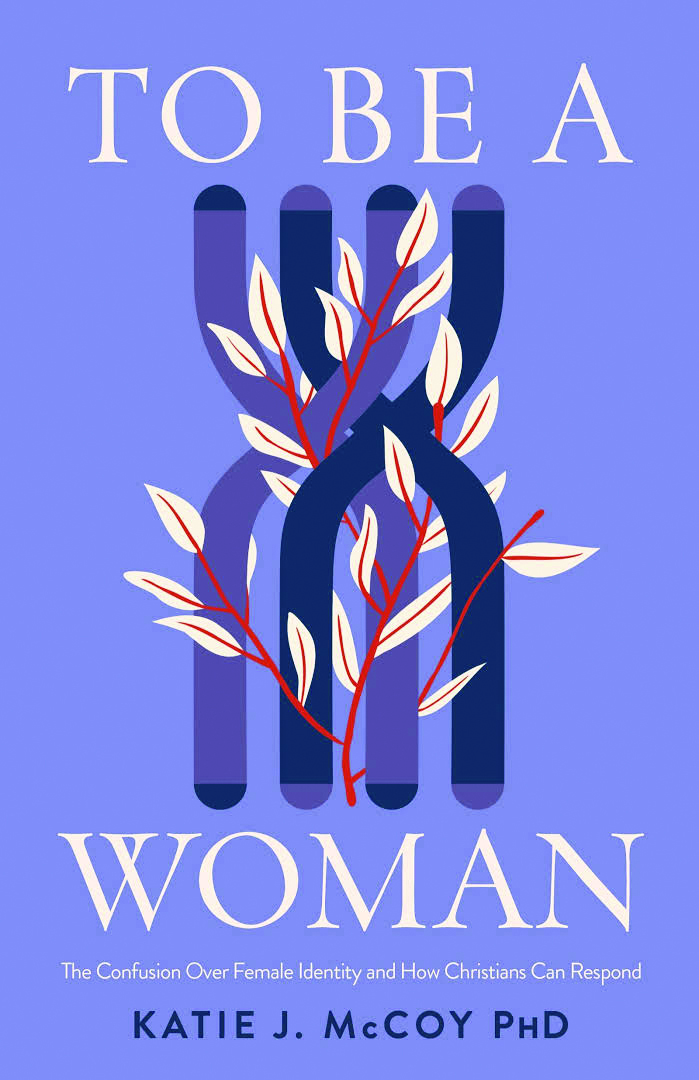In the 2008 comedy, Step Brothers, Brennan (played by Will Ferrell) and Dale (played by John C. Reilly) are newly established step siblings after their single parents marry one another. The movie shows the antics that ensue when two grown men who have never left home are forced into sharing their lives together. The goofy, and admittedly irreverent, tricks they play on one another come to a point when they discover that they have much more in common than they realized. Brennan asks, “Did we just become best friends?” “Yep,” is Dale’s quick and assured reply. Their friendship then develops through common interests such as velociraptors and Steven Seagal movies.
Friendship in this way is mostly about common interests. So long as there is agreement on favorite movies, fast-food restaurants, and 80’s rock bands, friendship is possible. Common interests are certainly avenues for establishing relationships, but can true friendship be sustained on Taco Bell runs and the latest superhero movie franchise? Is it as simple as declaring someone as your best friend?
What are the ingredients for true and meaningful friendship? We can learn much about deep friendship from Augustine of Hippo (354–430 AD).
Friendship as a school in Christian love
Paul Waddell, scholar of friendship and Christian ethics, describes Christian friendship according to Augustine in his book Friendship and the Moral Life. He explains it as a “school in Christian love.” Augustine described a similar “Step Brother” friendship in book 4 of his Confessions. They shared common interests and pursuits, and while they didn’t settle-in for a Steven Seagal direct-to-home action flick, Augustine assumed this friendship was genuine. He soon came to realize that this friendship could not be a friendship in its truest form because it was not centered on Christ.
Reflecting on this friendship after the fact, Augustine stated, “But in childhood he was not such a friend as he became later on, and even later on ours was not a true friendship, for friendship cannot be true unless you [God] solder it together among those who cleave to one another by the charity poured forth in our hearts by the Holy Spirit, who is given to us.” Thus for Augustine, true friendship occurred when one loved the good in another, with the good reflecting God in that person.
While he wrote about specific relationships in his Confessions, we see specifically how he viewed friendship in his numerous letters. Augustine was certainly not the first to discuss friendship. The topic of friendship had occupied the minds of philosophers centuries prior to Augustine. Unique to Augustine, however, was his view that friends and friendship were a gift from God.
Whereas Aristotle would assert that we choose friends based on the virtue we see in them, Augustine viewed friends as those who are placed in one’s lives for the purpose of seeking God together. Friendships that have their genesis with God must find their source in God. It originates with the Spirit and propels friends toward friendship in God’s eschatological kingdom where all will be friends as they share in true friendship with God.
Friendship as a work of the Spirit
The key for Augustine was love granted by the Holy Spirit through grace. God-initiated love is the binding agent for true friendship. Also important for Augustine was that friendship be rooted in the triune nature of God. Whereas the Roman orator Cicero (106–43 BC) defined friendship as “agreement in all things human and divine,” Augustine refined the divine character of friendship to depend upon the inner relations of the triune God. Human friendship can only begin from the perspective of trinitarian love. The center of Christian friendship is the Spirit, that trinitarian bond of love. This love both connects friends together and serves as the means of mutual transformation.
Grace is also essential for Christian friendship according to Augustine. Agreement on best pizza toppings does not make for a true friendship. One needs transforming grace focused toward God’s kingdom. Friendship, for Augustine, is the context where this kingdom love is learned and practiced. Therefore, Christian friendship is vital if one is to grow in kingdom-focused eternal love.
A debt owed to all people
In his letters, Augustine often described friendship as a “debt” that each one owed to the other. His friend Evodius even wrote Augustine to collect on this “debt” (ep. 158.1). In his letters to the deacon and eventual bishop of Rome Celestine, Augustine described a certain “debt of love” that was owed based on a mutual affection for the other person (ep. 192.1). According to Augustine, love is owed to one another based simply on the fact that one is a fellow human. Love for one’s enemy sought to transform them “whom we truly love to become a friend” (ep. 192.1). Friendship is owed to all people based on a shared human nature, even though its truest and final fulfillment is found between those who claim the name of Christ.
Despite what some ancient philosophers said, friendship was not for an elite few, according to Augustine. Love is due for all. This ideal of friendship is expressed in his letter to a wealthy widow named Proba. He asserted, “The health and friendship of a human being are sought for their own sake. . . . Likewise, friendship should not be bounded by narrow limits, for it embraces all to whom we owe affection and love” (ep. 130.6, 13). Thus, friendship is a practical way to demonstrate the love that Christians are called to exhibit to everyone.
According to Donald Burt, since we cannot make friends with every person on earth, Augustine’s encouragement should cause us to “strive to make every human we meet a friend.” This was Augustine’s posture in his engagement with Christians and non-Christians alike. Augustine extended the hand of friendship in order to bring others to the truth. To those who are not yet true spiritual friends, we love and befriend with the hope that they will one day be counted among true friends in the eternal city of God.
The transformative potential of friendship
Augustine believed that the command to love God and love others never ceases but is extended throughout eternity. Our love for others, the foundation of friendship, is grounded in the love of God. In writing to Proba, Augustine framed the universal love owed to all as the beginning of Christian friendship. This was a transforming type of love, which sought to turn enemies into true friends transformed by God’s grace. Augustine concluded, “In him we, of course, love ourselves if we love God, and by the other commandment we truly in that way love our neighbors as ourselves if we bring them, to the extent we can, to a similar love of God” (ep. 130.7, 14).
So while friendship may require more than agreement on favorite dinosaurs and action movies, it can be as simple as asking someone, “Did we just become best friends?” If we consider the example of Augustine, we can show the kind of Christian love we are called to give by extending the hand of friendship to all as we are able. While the truest friendship is only possible between those who have the gift of the Spirit, and while not all of us will be close friends, by seeing everyone as a potential friend we can begin good and fruitful conversations that may lead to one enjoying true friendship in the light of God’s grace and love.









